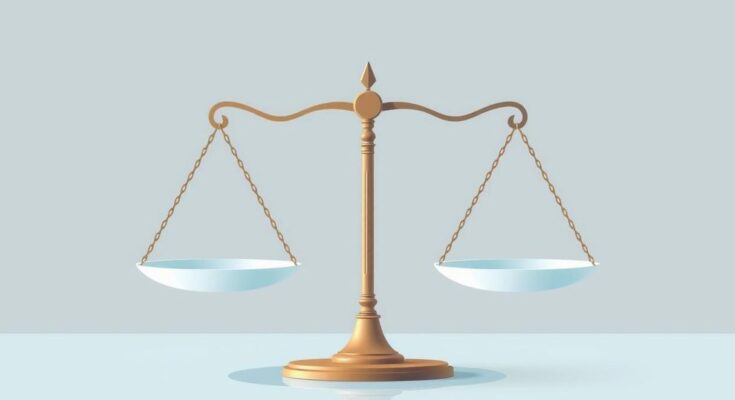In a society where safety and dignity are paramount, the recent introduction of new hate speech laws aims to shield individuals from intimidation and discrimination. However, while the intention may appear noble, these laws risk stifling democratic expression rather than eradicating hate speech.
The Albanese Government’s Hate Crimes Bill raises alarms with its imposition of mandatory minimum sentences, shifting punishment decisions away from courts and disproportionately affecting marginalised communities. Concurrently, the Minns Government in New South Wales has enacted swift legislation that can impose hefty fines and prison time for protest activities near places of worship, thus diminishing the right to peaceful assembly.
These regulations focus solely on racial hate speech, overlooking the needs of other vulnerable groups such as religious and LGBTIQA+ communities. The conflation of peaceful protests and hate crimes is dangerous; such gatherings are vital for holding institutions accountable.
There’s little evidence that the expansion of police powers or the criminalisation of hate speech will deter recent anti-Semitic incidents or the rise of extremist ideologies. Concerns about the constitutionality of these laws loom large, especially regarding their potential to infringe on freedom of political communication.
In Victoria, newly introduced anti-vilification laws broaden protections to embrace LGBTIQA+ and disability communities but may inadvertently criminalise legitimate political discourse. The Victorian Government must consider implementing a public interest defence to prevent misuse of such laws.
While these legislative efforts signal a positive stand against hate, laws alone cannot eradicate it. The Human Rights Law Centre is actively campaigning for amendments to ensure these laws align with human rights standards, advocating for community-led initiatives to address the roots of racism and hate. By fostering environments where individuals can express their identities freely, societies become truly cohesive and harmonious.
New hate speech laws intend to protect individuals against hate but may threaten democratic freedoms. Mandatory minimum sentences and expansive police powers raise concerns about their impact on marginalised groups. Advocacy for amending these laws and supporting community initiatives is critical in tackling the roots of racism and hate while sustaining rights to free expression.
The recent wave of hate speech laws, while aimed at protection, risks infringing upon core democratic freedoms. With concerns over their enforcement and constitutionality, these laws could disproportionately impact vulnerable communities. Adequate safeguards and community-driven initiatives are essential to truly combat hate and discrimination, fostering an inclusive society that respects all identities.
Original Source: www.hrlc.org.au



